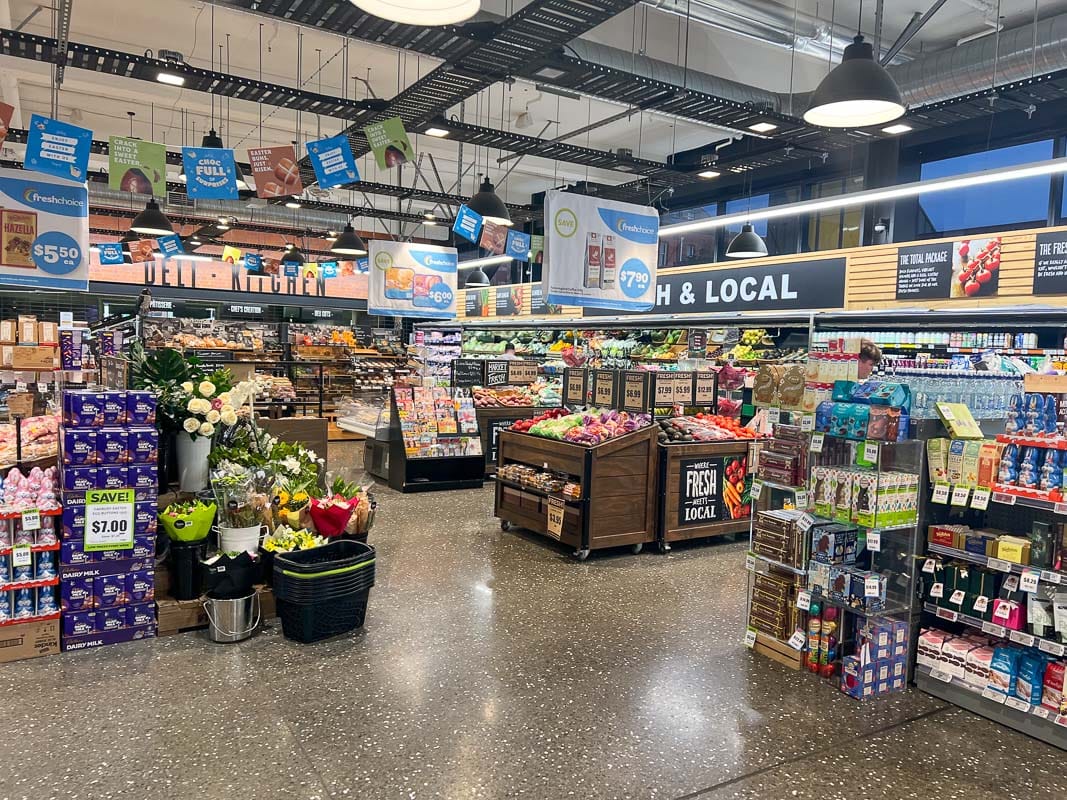Fast-Moving Consumer Goods (FMCG) companies play a crucial role in our daily lives, providing us with essential products that we use on a regular basis. From toothpaste to snacks, FMCG companies have mastered the art of delivering products efficiently and effectively. In this blog post, we will delve into the inner workings of FMCG companies, exploring their key strategies, supply chain management, marketing techniques, and the factors that contribute to their success.
- Understanding the FMCG Industry:
The FMCG industry encompasses a wide range of products that are consumed frequently and at a relatively low cost. These products have a short shelf life and high turnover rate. FMCG companies operate in a highly competitive market, constantly striving to meet consumer demands and stay ahead of the curve. - Supply Chain Management:
Efficient supply chain management is the backbone of FMCG companies. From sourcing raw materials to delivering finished products to retailers, FMCG companies must ensure a seamless flow of goods. They employ advanced technologies and logistics systems to optimize inventory management, reduce costs, and minimize lead times. - Product Development and Innovation:
FMCG companies invest heavily in research and development to create innovative products that cater to evolving consumer preferences. They conduct market research, analyze trends, and gather consumer insights to develop new products or improve existing ones. Continuous innovation is crucial to stay competitive in the FMCG industry. - Marketing and Branding:
Successful FMCG companies understand the importance of effective marketing and branding. They employ various strategies, such as targeted advertising, social media campaigns, and celebrity endorsements, to create brand awareness and drive consumer engagement. Additionally, they focus on packaging design, ensuring that it appeals to consumers and stands out on store shelves. - Distribution and Retail:
FMCG companies work closely with distributors and retailers to ensure their products reach the end consumer efficiently. They establish strong partnerships and negotiate favorable terms to secure shelf space and maximize visibility. Additionally, they leverage e-commerce platforms to expand their reach and offer convenient online purchasing options. - Consumer Engagement and Loyalty:
Building strong relationships with consumers is vital for FMCG companies. They invest in customer loyalty programs, personalized marketing initiatives, and responsive customer service to enhance the overall consumer experience. By fostering loyalty and satisfaction, FMCG companies can drive repeat purchases and maintain a competitive edge.
Conclusion:
FMCG companies operate in a dynamic and competitive industry, constantly adapting to changing consumer demands and market trends. Their success lies in their ability to effectively manage the supply chain, innovate products, implement impactful marketing strategies, collaborate with distributors and retailers, and engage consumers. By understanding the inner workings of FMCG companies, we gain insights into the complex machinery that drives their success and shapes our everyday lives.

